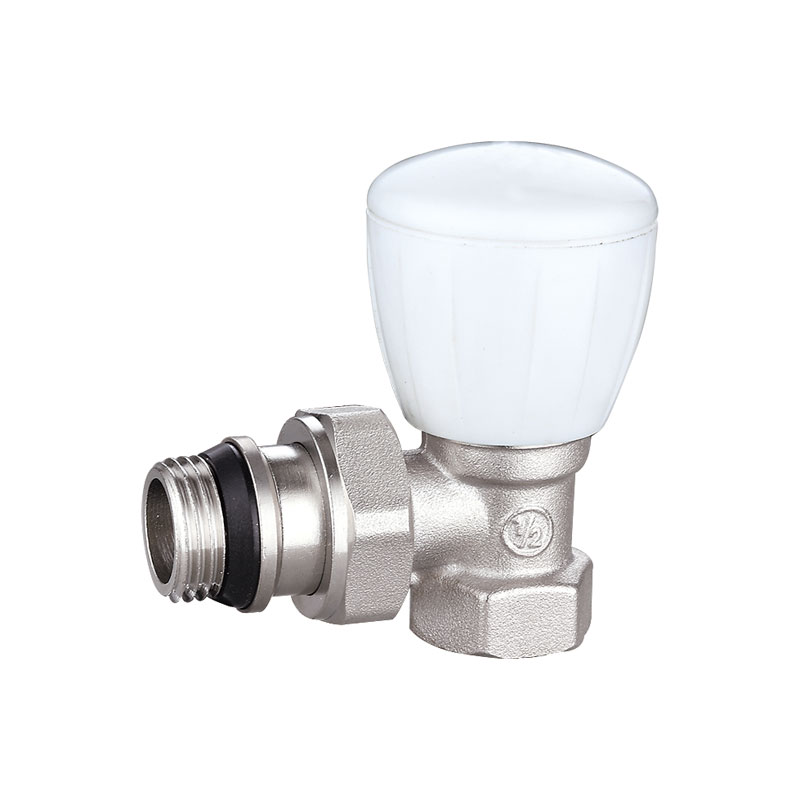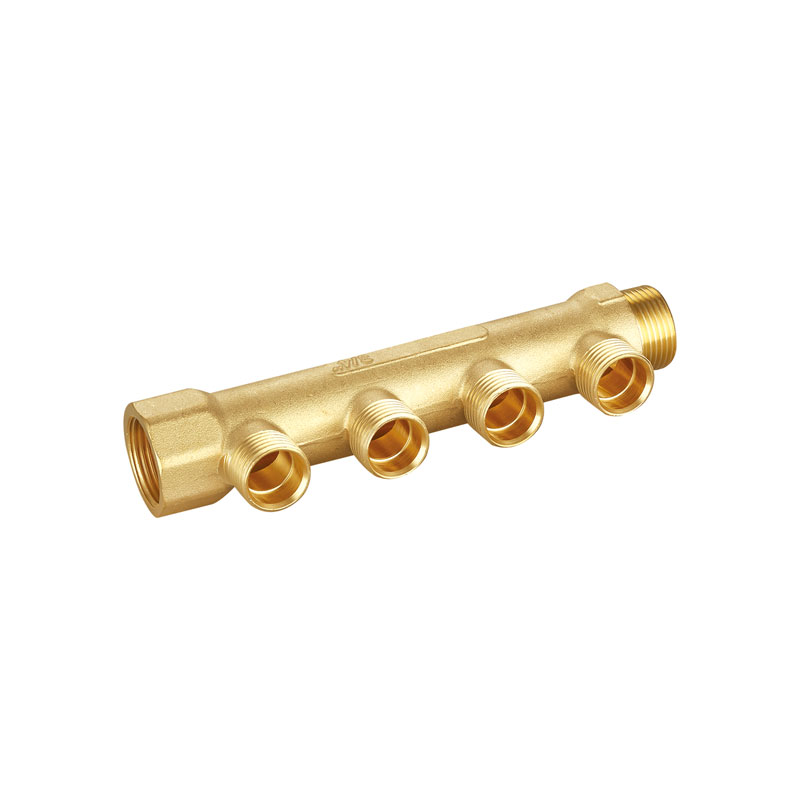In the world of plumbing and fluid control, the efficiency and reliability of valves are critical. Among the numerous options available, brass water ball valves stand out as a solution for reducing leaks, enhancing system performance, and providing long-lasting reliability. These valves have become essential in residential, commercial, and industrial applications, thanks to their durability, corrosion resistance, and ability to deliver flow control.
Brass Water Ball Valves Explained
A brass water ball valve is a type of valve that uses a spherical ball with a hole in it to control the flow of water or other fluids. The ball rotates within the valve body to either allow or restrict the flow of water, making it ideal for both on/off and flow regulation applications. The valve's design enables a quick, quarter-turn operation, which makes it both user-friendly and efficient in preventing water leakage.
The construction material, brass, offers distinct advantages over other metals. Known for its corrosion resistance, brass ensures that the ball valve maintains its performance even in harsh environments. This quality makes brass water ball valves especially effective in applications where moisture, minerals, and chemicals can cause rapid degradation of lesser materials.
Reducing Leaks: A Top Priority in Plumbing
Leaks in plumbing systems can be detrimental in a variety of ways. Whether it’s a minor leak in a home or a significant failure in an industrial facility, leaks can waste water, increase utility bills, and cause substantial damage to surrounding areas. In the worst cases, a leak can to system failures that result in significant downtime or costly repairs.
One of the primary advantages of brass water ball valves is their exceptional ability to create tight seals. When the valve is closed, the ball’s smooth surface makes it possible to form a highly effective seal between the valve body and the ball. This sealing mechanism helps eliminate even the smallest leaks, ensuring that water flows only when intended. The tightness of the seal is essential in preventing water waste, especially in applications that require high precision in flow control, such as irrigation systems, water treatment facilities, and industrial pipelines.
The durability of brass further contributes to leak reduction. Brass is inherently resistant to corrosion and oxidation, even in harsh environments like those found in industrial and outdoor applications. This resistance ensures that brass water ball valves maintain their ability to seal effectively for years, unlike other materials that may degrade over time, to leaks.

Enhancing System Performance
Brass water ball valves are not just designed to prevent leaks—they also play a significant role in improving the overall performance of plumbing and fluid control systems. By providing quick and efficient control over the flow of water, these valves help maintain consistent pressure, reduce energy consumption, and ensure the smooth operation of systems.
For residential plumbing, brass water ball valves provide an efficient way to control water flow, whether it's for hot or cold water lines, irrigation systems, or household appliances. Their durable nature means they can endure regular use without diminishing performance, providing homeowners with reliable and effective water control for years.
In commercial and industrial settings, performance is even more critical. Brass water ball valves are used in a wide range of applications, including HVAC systems, heating systems, and industrial fluid transport. In these high-demand environments, having a valve that can regulate water or other liquids efficiently is essential to avoid costly downtime and maintain system function. Brass water ball valves excel in these settings by offering control, reducing energy loss, and ensuring that fluids are directed precisely where needed.
Long-Term Durability and Cost Savings
In addition to reducing leaks and enhancing performance, the durability of brass water ball valves translates into significant cost savings over time. Unlike valves made from plastic or less durable metals, brass valves last longer, with many lasting decades without requiring replacement. This longevity reduces the frequency of repairs and replacements, helping companies and homeowners save on maintenance costs.
Furthermore, the low maintenance nature of brass water ball valves contributes to their long-term cost-effectiveness. Their corrosion resistance means they require less frequent cleaning or servicing, which is particularly valuable in applications where regular maintenance can be time-consuming and costly.

 languages
languages

 English
English русский
русский












